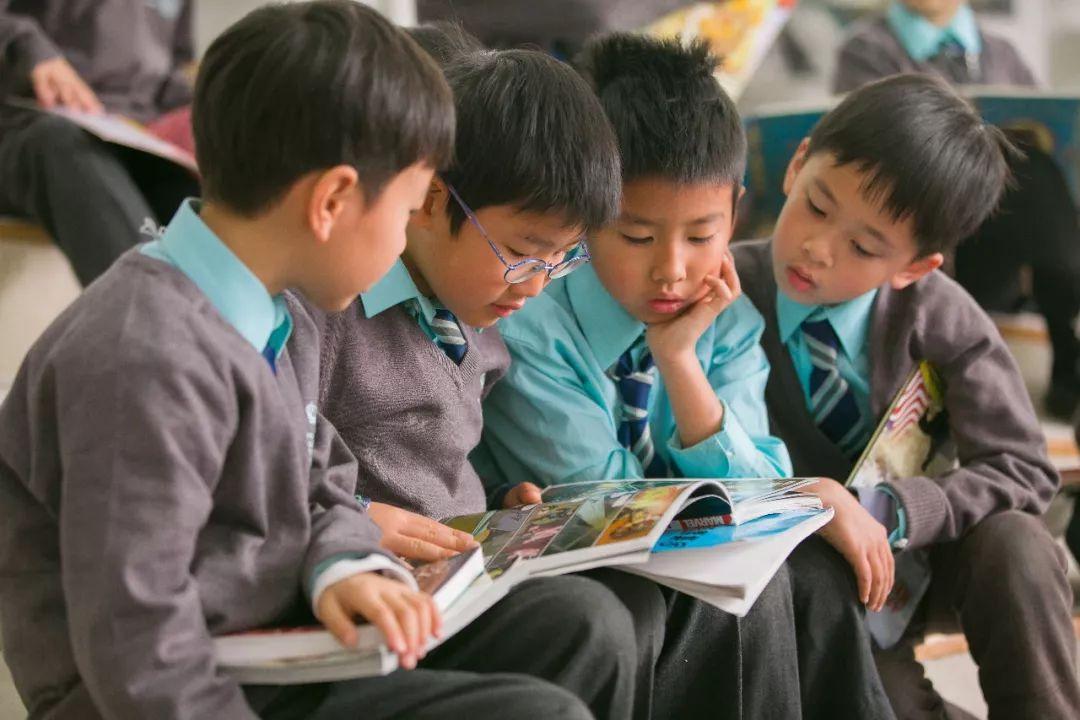
阅读经典著作的习惯正在逐渐淡化。根据国家艺术基金会的数据显示,文学作品阅读量已经逐步下降至历史最低水平。这种情况重要吗?非常重要。研究表明:阅读与学术成就息息相关。高品质的书籍能塑造终身学习者。
伟大的演说家和领袖亚伯拉罕·林肯曾说过,“我想知道的东西都蕴含在书中”。英国具有影响力的教育家夏洛特·梅森在她的《自由教育的哲学》一书中写道:“世界上所有最好的思想都蕴藏在书中;我们必须鼓励孩子们尽情阅读”。最近,Keith Stanovich在《今日心理学》上分享的研究报告,证实了阅读的深远影响力。正如他在一则相关视频中所说:“阅读会让你更聪明吗?是的。”同样,著名的演说家 Alan Zimmerman 认为,阅读是“你必须做的最重要的事情之一,它能帮助你在工作和家庭中取得非凡的成功。”
强调阅读重要性的内容比比皆是,包括由Lisa Bu发表的TED演讲“书籍开阔视野”。同样,诺德安达全球图书馆的创始人之一David Robinson也曾经说过,“阅读确实改变了人们的生活。它不但提高了所有学科领域的学术成果,而且还可以培养人们的同理心。”
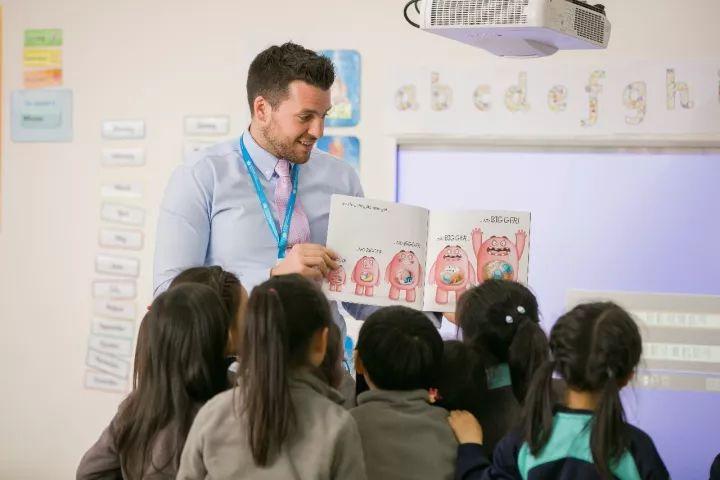
我们精选最广博的文学作品,从中汲取最丰富的宝藏。借用夏洛特·梅森女士的一句话,书籍可能是无聊的闲话,也可能是生命的叙述。闲话代表了简单化的写作,对启发批判性思维几乎毫无益处。相比之下,经典书籍有助于扩展思维,提升境界,并帮助我们理解关于人性的问题。同时,经典书籍有助于培养有深度的思想和学习的热情。
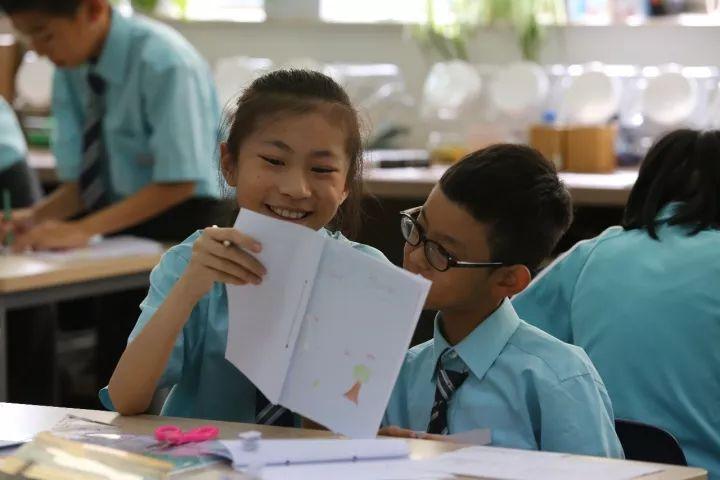
如果我们能敦促孩子(和自己)潜心阅读一些优秀著作,如《杀死一只知更鸟》、《瓦解》、《热情的观察者》、《水母与蜗牛》,我们将看到孩子们的知识水平、理解能力和人文素养逐步提升。有价值的图书不计其数,但诸多原因促使我们选择阅读经典的文学作品,并促进我们养成终生学习的习惯。

阅读增加词汇量。我们用语言来理解我们的世界。
阅读培养兴趣。启发大量新想法并开发潜能。
从阅读中洞察人性。让我们有机会体味丰富多样的人生经历。
阅读从侧面展现自我。通过阅读书籍了解自我。
阅读打开世界的大门。来自世界各地的经验都可以为我们所用。
阅读可以培养同理心。我们开拓了视野,并养成了真正的全球意识。
阅读激发想象力。文学在我们面前展现了一场无尽的思想盛宴。
阅读启发思考。从书籍中获得精神养分,不断丰富自己的认知。
阅读折射天才的思想。我们从伟人的著作中领略深刻的思想。
同时作为一名教育工作者、一位父亲和一名学习者,我相信这一切都毋庸置疑。文学著作仍然是输出型学习最有效的途径之一。阅读有生命的书籍和伟大的文学作品,打开了解过去、现在和未来的大门。阅读有助于充实我们每个人的生活。

From Ethan Hildreth, Superintendent at The Nord Anglia American International School:
For most of us, treasured stories enrich memories and shape our understanding of life. Reading powerful literature can change the way we understand history, ourselves, and the world. However, the habit of reading great literature has begun to falter.
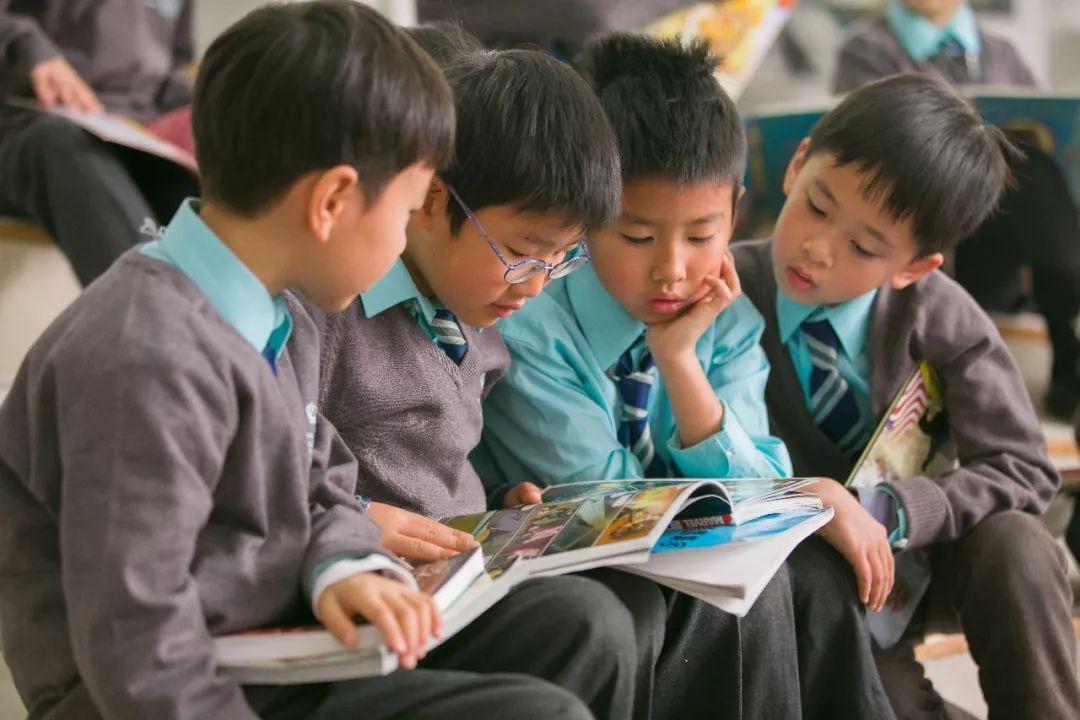
Reading great books is a fading practice. According to the National Endowment for the Arts, literary reading has declined steadily to an all-time low. Does this matter? Absolutely. As the report shows, reading correlates to educational achievement. High quality books encourage lifelong learning.
The great orator and leader Abraham Lincoln asserted “The things I want to know are in books.” In her Philosophy of Education, influential English educator Charlotte Mason wrote that “the best thought the world possesses is stored in books; we must open books to children.” More recently, research such as that shared by Keith Stanovich in Psychology Today corroborates the profound efficacy of reading. As he affirms in a related video, “Does reading make you smarter? Yes.” Similarly, notable speaker, Alan Zimmerman argues that reading is “one of the most important things you MUST do to achieve extraordinary success at work as well as at home.”
Messages abound urging the importance of reading, including this TED talk by Lisa Bu about how books open your mind. Likewise, according to David Robinson, one of the creators of Nord Anglia’s Global Library, “Reading literally transforms lives. It boosts academic achievement in all subject areas and is proven to improve empathy.”
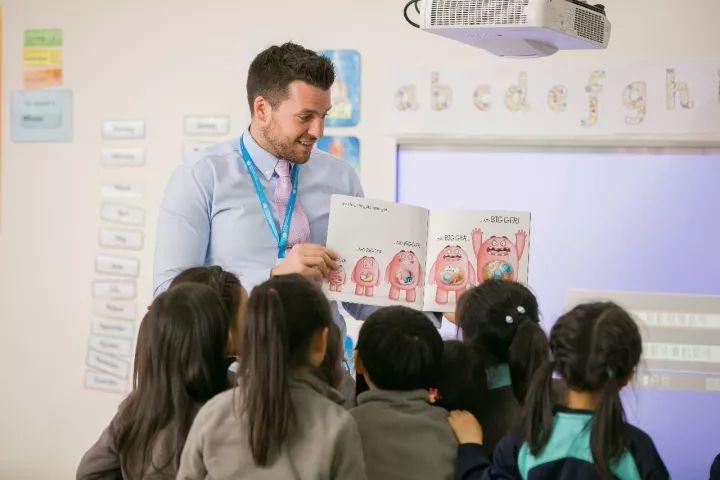
We derive the highest benefit by choosing the richest literature. Books might be described as either twaddle or living, to borrow a phrase from Ms. Mason. Twaddle represents simplistic writing that does little to stimulate critical thinking. In contrast, living books expand the mind, elevate the spirit, and help us grapple with meaningful questions about humanity. Living literature offers fruitful ideas and a passion for learning.
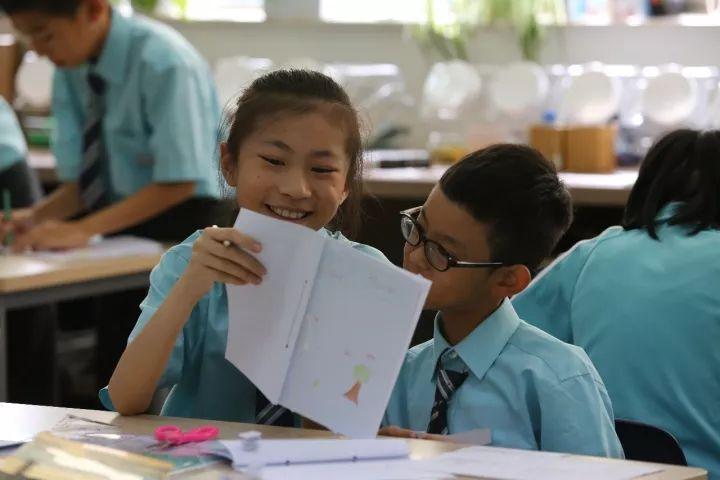
If we challenge children (and ourselves) to ingest books of merit such as To Kill a Mockingbird, Things Fall Apart, Passionate Observer, or The Medusa and the Snail, we will see exponential growth of knowledge, understanding, and humanity. The number of valuable books is countless. The reasons for reading living literature are many. Together, they promote lifelong learning:

Reading builds vocabulary. We use language to understand our world.
Reading develops interests. A multitude of new ideas and possibilities become apparent.
Reading reflects humanity. We grapple with human experience in all its diversity.
Reading introduces you. What we read helps define us to others, including universities and colleagues.
Reading opens the world. Experiences from across the earth and beyond become ours.
Reading boosts empathy. Our perspectives broaden, and we gain a true global understanding.
Reading stimulates imagination. Literature places before us an endless feast of ideas.
Reading creates thought. Cognitive structures develop from the mind’s diet.
Reading reveals genius. We discover profound thoughts from the greatest minds.
As an educator, a father, and a learner, I believe the evidence is clear. Literature remains one of the most powerful pathways for productive learning. Read living books, great literature, and open the doors of the past, the present, and your future. Reading helps each of us develop a full life.









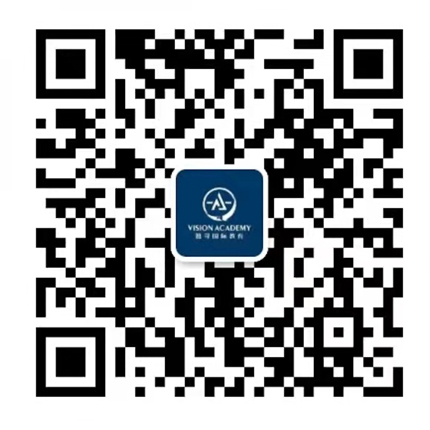
 沪公网安备 31010502004453号
沪公网安备 31010502004453号





 成功提交后我们将尽快与您联系,请注意来电!
成功提交后我们将尽快与您联系,请注意来电!


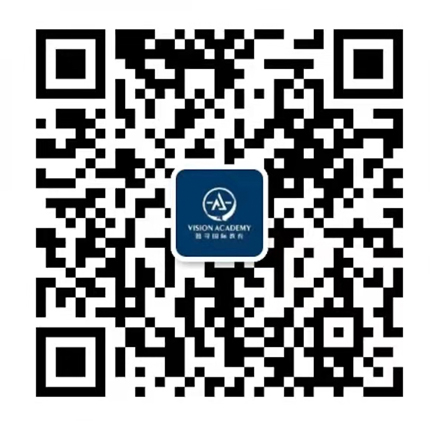




 成功提交后我们将尽快与您联系,请注意来电!
成功提交后我们将尽快与您联系,请注意来电!


